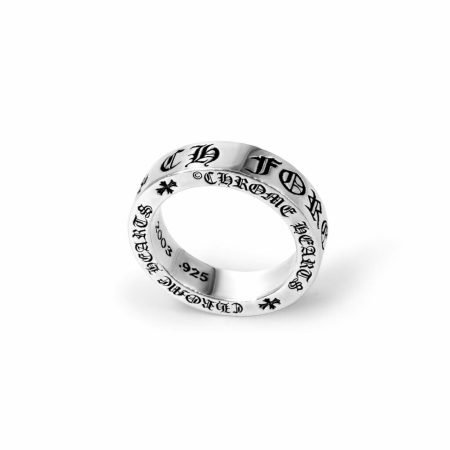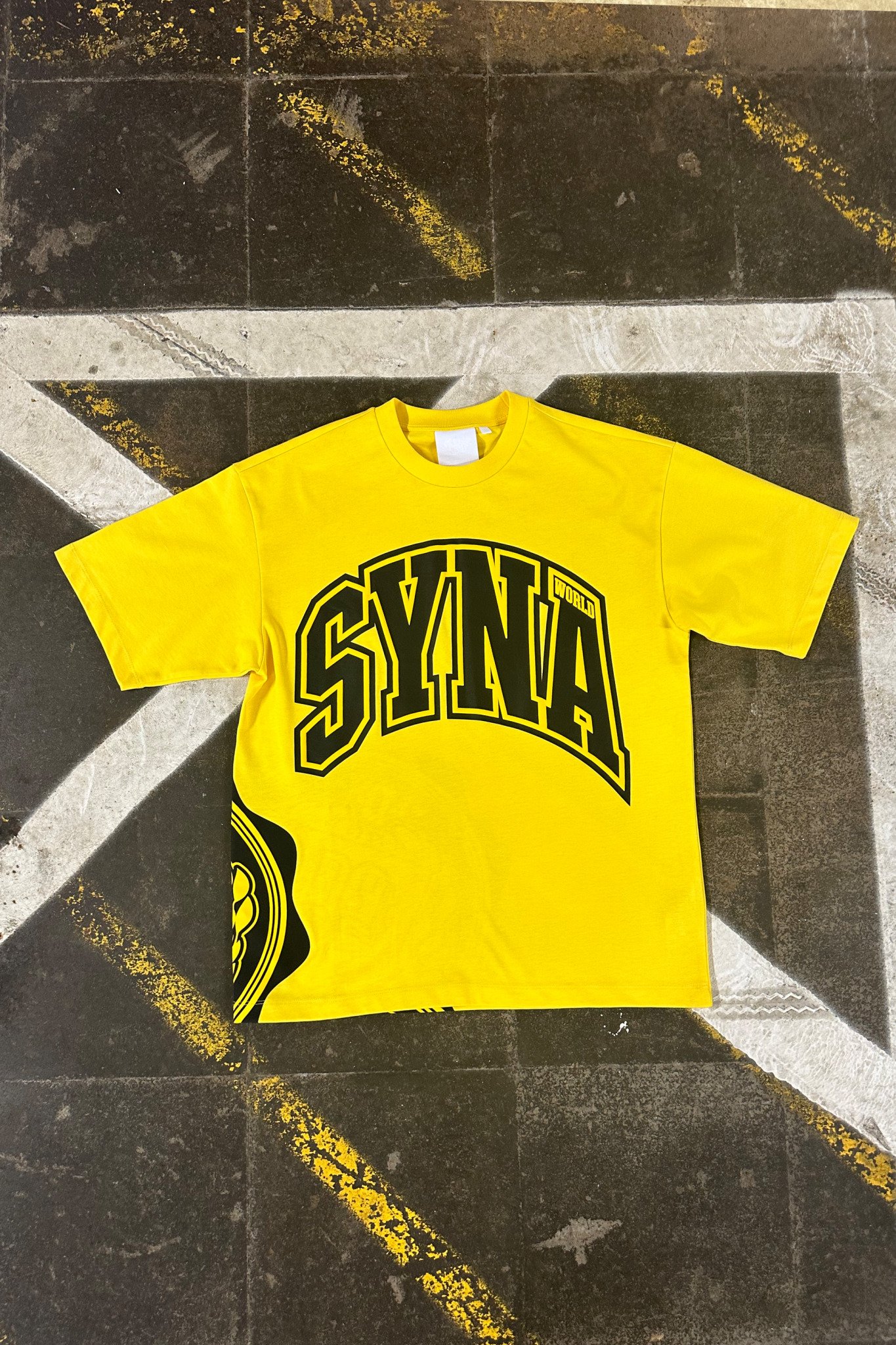Fendi A Legacy of Italian Elegance and Innovation When you think of luxury fashion with a perfect blend of innovation, heritage, and glamour, Fendi inevitably comes to mind. Founded in 1925 in Rome, Italy, Fendi has grown from a small leather goods shop into one of the most prestigious names in global fashion. With nearly a century of history behind it, the brand has not only defined Italian elegance but also consistently reinvented itself to remain at the forefront of contemporary style.
Origins Rooted in Craftsmanship
Fendi was established by Adele and Edoardo Fendi, a husband-and-wife duo with a passion for high-quality leather and fur goods. Initially, the brand focused on leather handbags and accessories, quickly gaining a reputation among Rome’s elite for its impeccable craftsmanship and refined aesthetic. What made Fendi stand out from the very beginning was its dedication to artisanal excellence—a value that continues to be the backbone of the brand today. Fendi A Legacy of Italian Elegance and Innovation
Their five daughters—Paola, Anna, Franca, Carla, and Alda—would eventually take over the family business, each contributing to Fendi’s identity and expansion. With a strong foundation and a united family vision, Fendi began to grow not just as a fashion house, but as a symbol of Italian luxury.
Karl Lagerfeld: The Turning Point
In 1965, Fendi took a transformative turn when the legendary Karl Lagerfeld joined as Creative Director for fur and later for women’s ready-to-wear. Lagerfeld reimagined Fendi’s use of fur, turning it into a medium for creativity and playfulness rather than a symbol of traditional luxury. He introduced the iconic inverted double “F” logo—standing for “Fun Fur”—which became a hallmark of the brand.
Under Lagerfeld’s vision, Fendi revolutionized the fashion world’s perception of fur and brought bold, imaginative designs to the forefront. His influence helped the brand evolve beyond leather goods into a full-fledged fashion empire, offering clothing, accessories, and footwear that were both daring and sophisticatedFendi A Legacy of Italian Elegance and Innovation.
The Baguette: A Pop Culture Phenomenon
No conversation about Fendi is complete without mentioning the iconic Baguette bag. Introduced in 1997 by Silvia Venturini Fendi, the granddaughter of the founders and current Artistic Director of Accessories and Menswear, the Baguette quickly became a cultural phenomenon.
Unlike traditional handbags, the Baguette was small, compact, and designed to be carried under the arm like a loaf of French bread—hence its name. It gained instant fame and became a staple in the wardrobes of celebrities and fashionistas alike, especially after being featured prominently in the hit TV series Sex and the City. The bag’s success paved the way for countless reinventions, with limited-edition releases, collaborations, and even a customizable version. Fendi A Legacy of Italian Elegance and Innovation
A New Era: LVMH and Contemporary Relevance
In 2001, luxury conglomerate LVMH (Moët Hennessy Louis Vuitton) acquired a majority stake in Fendi, ushering in a new era of global expansion and modernization. With the resources and reach of LVMH, Fendi was able to open flagship stores in fashion capitals around the world and invest in more sustainable and innovative design practices. Fendi A Legacy of Italian Elegance and Innovation
Today, the brand continues to thrive under the creative direction of Kim Jones, who joined in 2020 as Artistic Director of Fendi’s women’s collections. Jones brings a contemporary edge to the house, blending streetwear sensibilities with classic Roman glamour. His designs are bold yet wearable, keeping Fendi relevant to younger audiences while respecting its luxurious heritage. Fendi A Legacy of Italian Elegance and Innovation
Silvia Venturini Fendi remains deeply involved in the brand, particularly in the accessories and menswear departments. Together, their dual leadership represents a blend of tradition and innovation—a perfect metaphor for what Fendi stands for. Fendi A Legacy of Italian Elegance and Innovation
Commitment to Sustainability
In recent years, Fendi has taken significant steps toward sustainability, reflecting a broader industry shift. The brand has explored eco-friendly materials, responsible fur sourcing, and circular fashion initiatives. While fur remains a part of its identity, Fendi has invested in sustainable alternatives and practices that prioritize animal welfare and environmental responsibility. Fendi A Legacy of Italian Elegance and Innovation
Its craftsmanship also plays a role in sustainability. By creating timeless, high-quality pieces meant to last for generations, Fendi encourages a shift away from fast fashion and disposable clothing. Its ateliers are home to some of the most skilled artisans in the world, ensuring that every product, whether a handbag or a coat, is made with precision and care.
A Cultural Symbol
Fendi isn’t just a fashion brand—it’s a cultural institution. It has collaborated with artists, musicians, and designers, hosted shows at iconic locations like the Trevi Fountain, and used fashion as a vehicle for storytelling. The brand represents not only luxury and status but also a love for art, history, and innovation.
From its Roman roots to its global presence, Fendi has mastered the art of evolution. Whether it’s through a reimagined classic like the Peekaboo bag or a daring new runway collection, the house continues to surprise and inspire. With its unique balance of heritage and forward-thinking creativity, Fendi proves that true luxury isn’t just about fashion—it’s about identity, legacy, and vision.















Leave a Reply